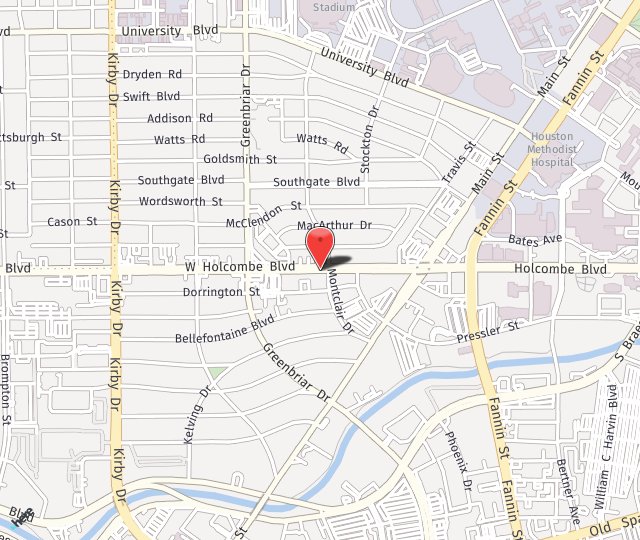
Bridges
A common single-tooth alternative to a dental implant is a fixed bridge. This involves grinding away the adjacent healthy teeth that will be used to attach and support the bridge. The bone underneath can deteriorate over time. Bridges are difficult to floss, making them more susceptible to decay and replacement in 5-10 years. A resin-bonded bridge can be used to replace single front teeth and has wings on each side that attach to adjacent teeth. It doesn’t require grinding down to prepare the otherwise healthy teeth. It looks and functions better than a removable denture but isn’t as strong as a fixed bridgework.
Dentures
Partial and full dentures aren’t as stable or comfortable as dental implants. The denture can shift in your mouth, affecting your speech and eating. They can cause sore gums. Deterioration of the bone underneath a denture can change the appearance of your smile and face. Compared to implants and bridges, dentures are inconvenient as they need to be removed for regular cleaning. Initial costs of dentures and partial dentures may be low, but only last 7-15 years on average before they need to be replaced.
Dental implants
Implants are made of a synthetic tooth root that looks like a screw. The implant is embedded into the bone of the jaw and below the gum line. Over time, it bonds with your natural bone. A connector called an abutment is placed on top of the implant. A custom-made crown is then placed on top of the abutment. This process can take a few months or even a year, depending on your unique situation. You will care for your dental implants as if they were your natural teeth with daily brushing and flossing. With regular cleanings and check-ups, well-placed implants can last for decades.
Dental implants are a popular alternative to bridges and dentures. Call 713-425-1302 for a consultation with Dr. Konig and our experienced staff.

